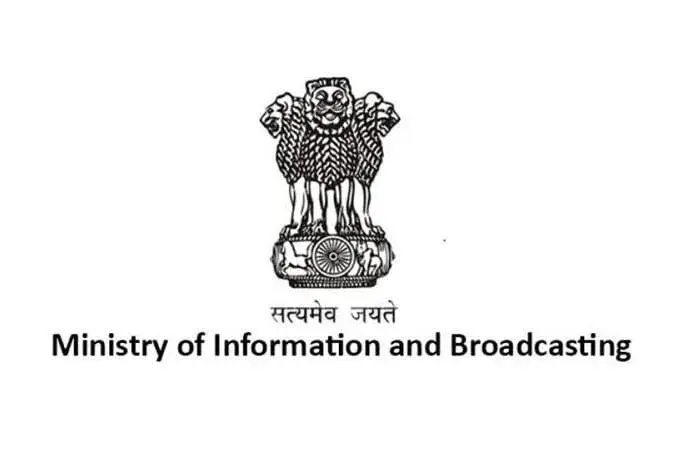Govt to Unveil Centralised Digital Music Licensing Registry by October 2025
The Ministry of Information and Broadcasting (I&B) is gearing up to launch a centralised digital music licensing registry within the next two months, in collaboration with rights societies. The initiative, expected to go live by October 2025, is part of a broader strategy to expand and streamline India’s live entertainment industry. The announcement followed the first meeting of the Joint Working Group (JWG) on live events, held on 26 August at the National Media Centre and chaired by I&B secretary Sanjay Jaju. Representatives from multiple ministries—including culture, youth affairs and sports, skill development, finance and DPIIT—participated, along with the Sports Authority of India and state governments from Maharashtra, Delhi, Uttar Pradesh, Telangana and Karnataka. Key industry players such as BookMyShow, Wizcraft, Saregama, District by Zomato and Touchwood Entertainment, along with associations like Ficci, CII, Eema and Ilea, also joined the deliberations. Rights organisations including IPRS, PPL, RMPL and IMI Trust were part of the discussions. Among the major takeaways were plans to integrate approvals for live events into the India Cine Hub portal to reduce bureaucratic hurdles, create a model policy for multi-use of public venues like stadiums, and include live-entertainment skills in the national skills framework. Proposals for financial incentives—such as GST relaxations, blended finance options, subsidies and MSME recognition—were also put on the table. Prime Minister Narendra Modi has recently highlighted live entertainment as a catalyst for employment, tourism and cultural impact. The sector, currently valued at ₹20,861 crore (2024), is expanding at nearly 15% annually, driven by increasing demand in both metro and emerging cities, as well as growing interest in music tourism. According to Jaju, the government’s ambition is to position India among the world’s top five live entertainment destinations by 2030, unlocking the potential for 15–20 million jobs. “The JWG will focus on leveraging the concert economy to boost infrastructure, create jobs, attract tourists and strengthen India’s soft power,” he noted. The JWG, constituted in July under the directive of Union I&B Minister Ashwini Vaishnaw, will continue to meet periodically to monitor progress and submit policy suggestions. Its work builds on the recommendations outlined in the white paper India’s Live Events Economy: A Strategic Growth Imperative, presented earlier this year at the Waves 2025 summit. Source: PIB
Govt to Unveil Centralised Digital Music Licensing Registry by October 2025 Read More »



